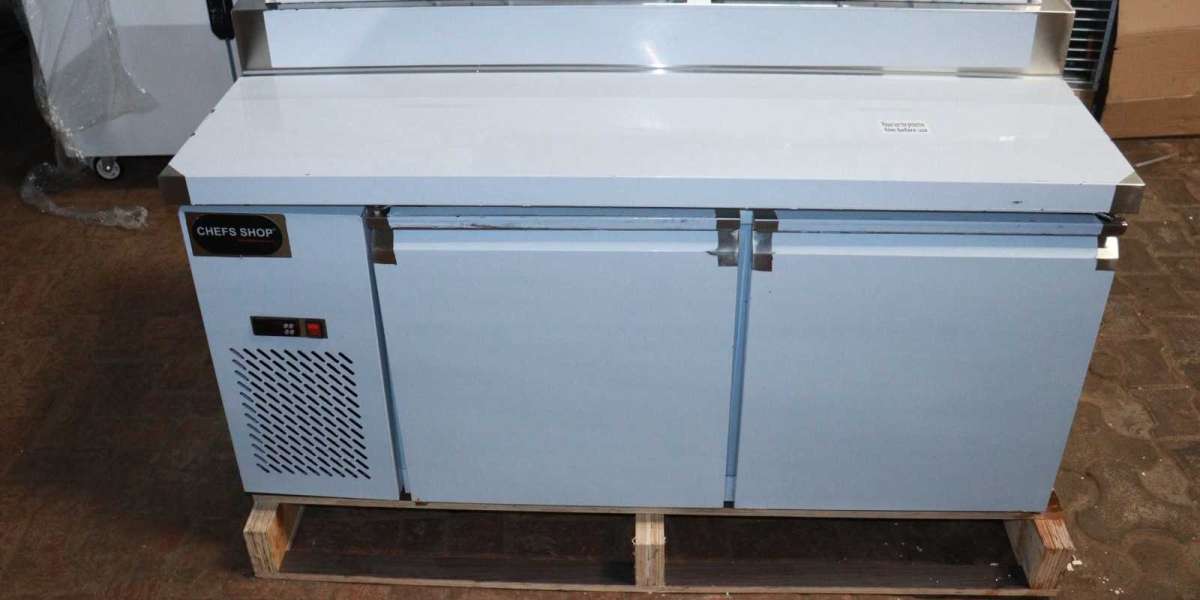Your body's first line of defence against disease is its immune system. The immune system employs a network of chemicals and proteins in your body to defend against viruses, dangerous germs, infections, and parasites, just like a security system surrounding your home might. A more robust immune system reduces your risk of getting sick.
Did you know that you can strengthen your immune system to get the most out of it? Your immune system isn't constantly plugged in and charged like a security system. Life takes place. We can become exhausted. It's important to support your immune system.
Here are 10 tips to help build and maintain a healthy immune system:
1) Good gut health may be key.
According to doctors, up to 80% of your immune system is located in your gut. An antioxidant- and whole-foods-rich Mediterranean diet may provide preventive benefits. It can lower inflammation and promote healthy gut flora, which strengthens the immune system. Prioritize vegetables, fruits, legumes, whole grains, and foods high in fiber. Also healthy are fermented foods like kimchi, sauerkraut, miso, yogurt, and kefir. Consider your liver as well. It filters the blood, breaks down lipids, and gets rid of extra cholesterol and pollutants. Cabbage, broccoli, and kale can improve your liver's capacity to do internal detoxification on its own.
2) Wash your hands frequently.
We ought to continue practising this for the rest of our lives. One of the best methods to stop the transmission of germs is to do this. Spend a good 20 seconds cleaning. If you need to slow down, try counting. You can also sing the first two verses of your favourite song, like "Happy Birthday" or "Mary Had a Little Lamb."
3) Work out on a regular basis.
There are various explanations for why this is beneficial. Exercise might help clean the airways and remove germs. We are aware that it reduces the flow of stress hormones. Also, it maintains your bones' health and lowers your risk of contracting certain ailments, including heart disease and fatty liver disease. You don't have to overdo it on the workouts either. Overtraining can actually compromise your immune system, making you more susceptible to the flu and other illnesses.
4) Shower after working out.
Apart from stinking, all of the sweat left on your skin causes microorganisms to develop. Breakouts aren't the only problem. Sweat promotes the growth of fungi that cause yeast infections. In addition, any abrasions on your skin are susceptible to infection.
5) Take vitamins.
Vitamin C aids immune protection by promoting cell activity and guarding against oxidative damage in the environment (free radicals and pollutants). Oranges, strawberries, spinach, kiwis, and grapefruit are the finest sources of vitamin C. Vitamin D helps boost your immune system and protect you from respiratory problems. It's commonly referred to as "the sunshine vitamin" since sunlight is a good source, although this is dependent on your skin's melanin level. For people with fair skin, 10 minutes of sun exposure every day is enough to get enough vitamin D. No more, or you risk developing skin cancer. Individuals with dark brown skin who never burn would benefit from a vitamin D pill.
Woodstock family medicine also recommends Vitamin B6 (found in chicken, cold-water fish like salmon and tuna, hummus, and green veggies) and Vitamin E (found in nuts, seeds, and spinach).
6) Reduce your stress level.
Indeed, it's easier said than done. Nevertheless, here's why it matters: Stress has an impact on your body's immunological response. It leads you to create more cortisol and cytokines, both of which induce inflammation. It can reduce the amount of white blood cells available to fight infection, putting you at risk for cold sores and the common cold. Furthermore, people who are stressed are likely not getting enough sleep or eating properly, so they are ignoring other good behaviors that promote immunity.
7) Take up yoga and meditation.
Yoga and medications like Iverheal 12 calm your nervous system, helping to reduce inflammation.
8) Practice deep breathing techniques.
You may execute this basic act of steady, controlled breathing from the diaphragm anywhere. It's an excellent technique to reduce cortisol, lower blood pressure, and increase blood flow.
9) Make sure you get enough sleep.
It acts as a natural reset for your system. Did you know that the amount of sleep you get affects your chances of getting a cold? In a 2019 UCSF study, researchers discovered that getting less than six hours of sleep per night made people four times more likely to acquire a cold. It was more important than age or stress level in determining whether or not someone became ill. A full night's sleep is required by your body to rebuild cells and proteins.
10) Employ positive thinking.
Fake it till you make it. Your emotional condition has a direct impact on your physical health. While they had risk factors and a family history of artery disease, experts at Johns Hopkins Medicine discovered that optimistic thinkers were less likely than "negative" people to suffer a heart attack. A University of Kansas study discovered that even if you had to fake it, smiling lowers blood pressure in stressful situations. Negative emotions might impair the immunological response, so reconsider your attitude. Be thankful.








